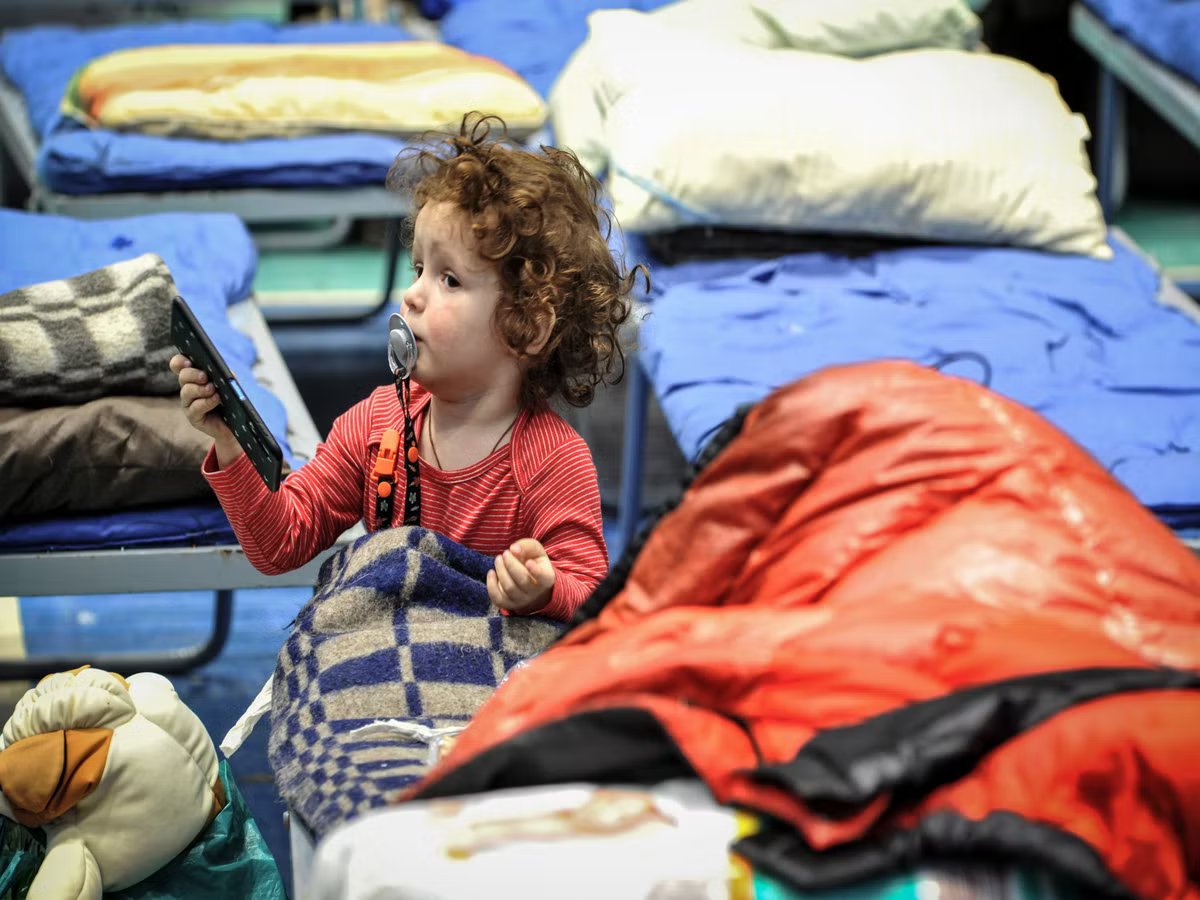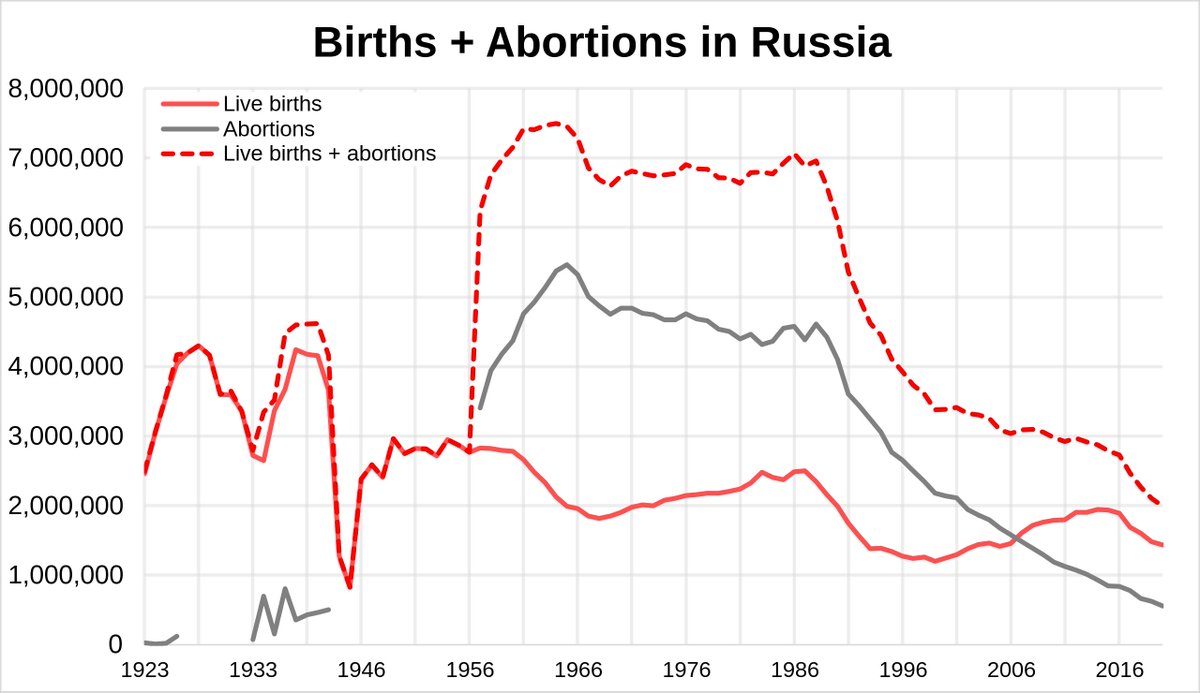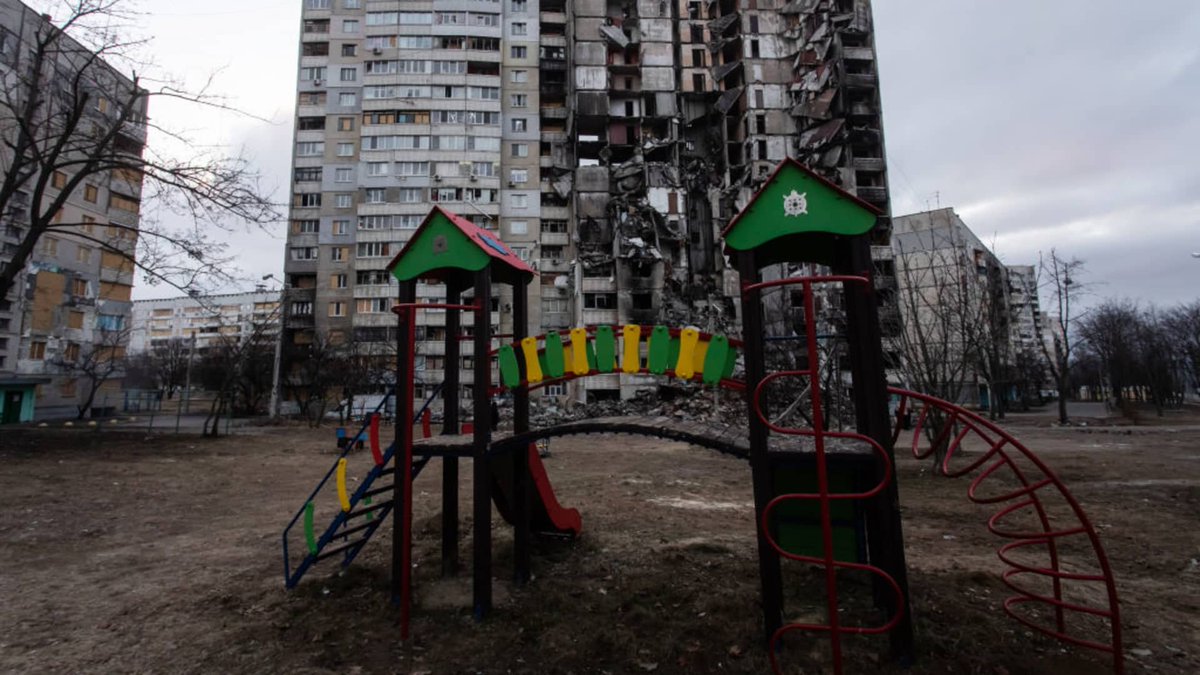In today's #vatniksoup I'll be talking about genocide, children and national trauma. Throughout the 20th century, both in the Soviet Union and in Russia children have been suffering because of bad politics and structural negligence & now the kidnapped children face the same.
1/17
1/17

Last November I wrote about the genocide that Russia is conducting in Ukraine through forced abductions of children, cultural appropriation and outright mass killing of civilians:
2/17
https://twitter.com/P_Kallioniemi/status/1589511941068029955
2/17

It's not the first time they have done this, however, as the Soviet leaders killed 3,5 - 5 million Ukrainians through organized famine referred to as Holodomor. 1,7 million children died as a result of this horrible event.
3/17

3/17


On 18 Mar, 2023, ICC judges finally issued an international warrant on Vladimir Putin and his child abductor sidekick, Maria Lvova-Belova. In the Russian-Orwellian world, Lvova-Belova has been acting as Presidential Commissioner for Children's Rights in Russia since 2021.
4/17


4/17



They both are allegedly responsible for unlawful deportation and transfer of children. Ukrainian government-ran "Children of War" estimates that over 16 000 children have been forcefully abducted to Russia.
5/17

5/17


The reason for these kidnappings is simple - Russia is in a demographic death spiral, and the country simply needs more children. Since 2016, Russia's death rate has exceeded its birth rate, and now a large numbers of young men are dying in the war. In 2020,their fertility..
6/17
6/17

...rate was 1.5, which is well below the replacement average. Researcher Murray Feshbach has predicted that by conservative estimate Russia will lose at least a third of its current population due to disease, environmental hazards, war and decline in healthy newborns.
7/17
7/17

For long time, Russia has struggled with problems such as AIDS, alcoholism and low life expectancy. At the same time, Russia is suffering of serious brain drain and lose of human capital to other countries due to the war and mobilization.
8/17


8/17



This is why they are now trying to increase their younger demographic by kidnapping Ukrainian children. If continued, this genocide will have devastating effects on Ukraine, a country that has one of the lowest birthrates (1,22 before the war in 2020) in all of Europe.
9/17
9/17

And historically speaking, Soviet Union and Russia hasn't been very gentle on its children. By the early 1920s, Russia had millions of orphaned and abandoned children, called besprizornye ("the unattended").
10/17
10/17

Millions died, and many turned to stealing, prostitution and petty crime. In a 1920 survey among street girls aged 15 and younger, 88% had worked as prostitutes.
After 1937, when the persecution of political enemies peaked and millions were imprisoned or executed, ...
11/17
After 1937, when the persecution of political enemies peaked and millions were imprisoned or executed, ...
11/17

...several hundreds of thousand children became orphans, and the government was forced to confront the problem.
Narkompros, the ministry of education, organized orphanages that were usually ran by criminals and other lowlife. Orphans were often beat, underfed and abused.
12/17
Narkompros, the ministry of education, organized orphanages that were usually ran by criminals and other lowlife. Orphans were often beat, underfed and abused.
12/17

Because they were the children of the "enemies of the people", nobody really cared. Children were also sent to gulags, where they usually resided in the most harsh conditions. This was due to their low productivity in hard labor.
13/17
13/17

After the end of WW2, there were 2,5 million homeless children in need of accommodation. But after this, the Soviet system tried to take better care of its children, and wide scale adoption became a new norm.
14/17
14/17

These "better times" lasted until the mid-80s, after which the slow dissolution of the USSR increased the number of homeless children and orphans again. In the Soviet times, the abortion rates also skyrocketed, decreasing the birth rates even more drastically.
15/17
15/17

During the crazy 90's and the rebirth of the Russian Federation, many children turned to begging, petty crime and prostitution again. Many of them eventually turned into organized crime, working for crime bosses like Semyon Mogilevich.
16/17
16/17
From these past events we can see that those who suffer the most in Russia during times of trouble, are the children. The war in Ukraine can be seen as such event, and all children, including the ones abducted from Ukraine, will be suffering the most from Russia's defeat.
17/17
17/17

CORRECTION:
Feshback projection is outdated, read this more recent article: france24.com/en/europe/2022…
Feshback projection is outdated, read this more recent article: france24.com/en/europe/2022…
• • •
Missing some Tweet in this thread? You can try to
force a refresh

































